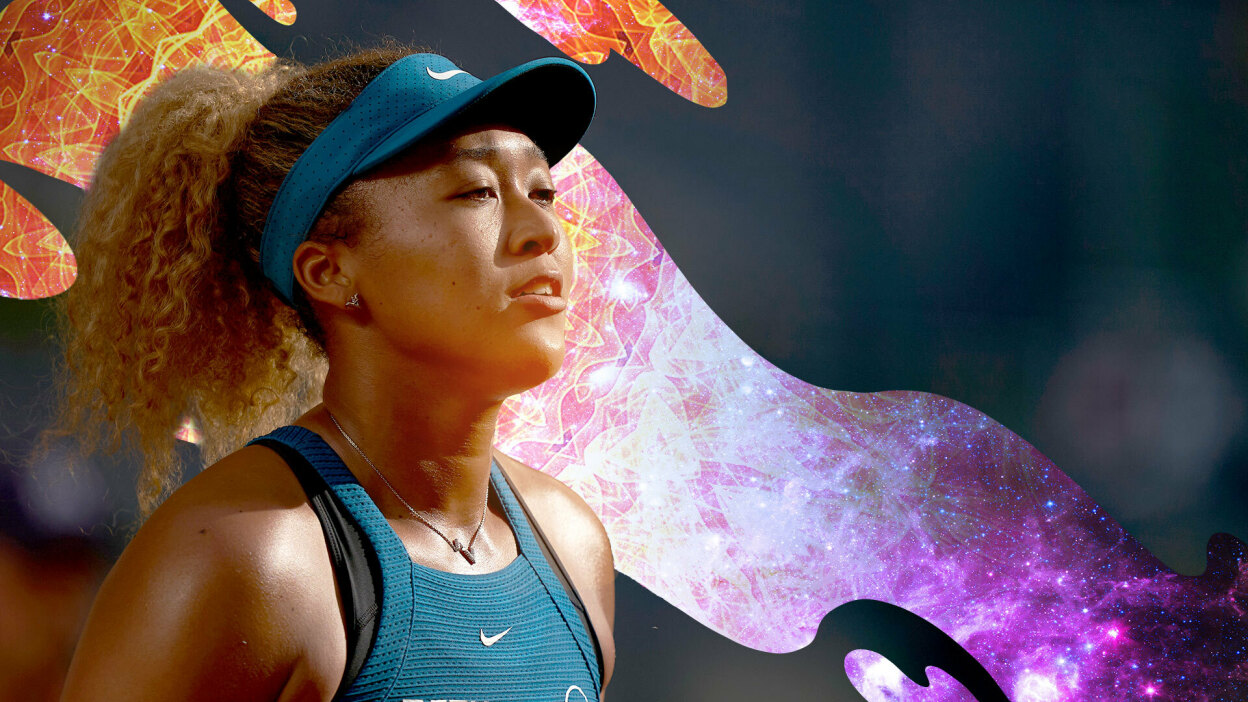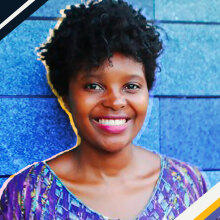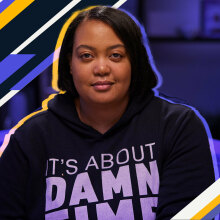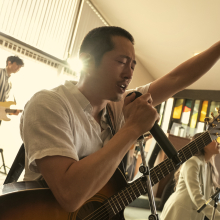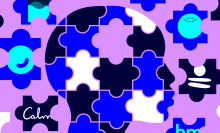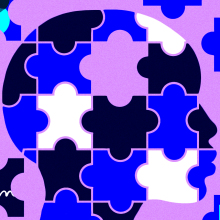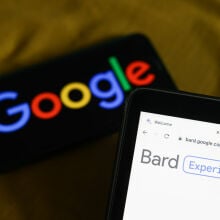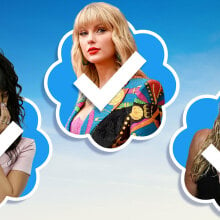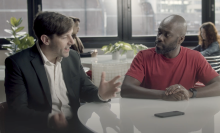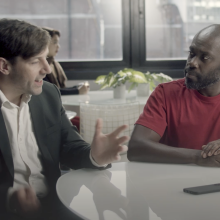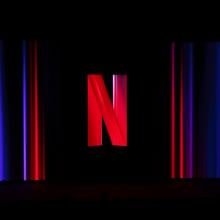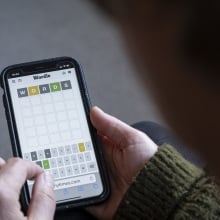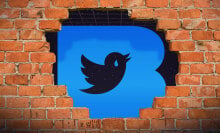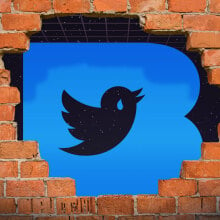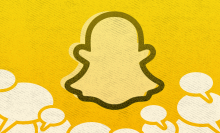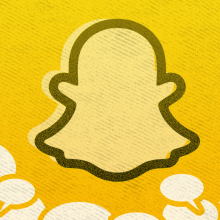Naomi Osaka, Grand Slam champion and businesswoman, knows what it's like to struggle with meditation.
Until recently, the 24-year-old tennis player found that paying attention to her breath — a fundamental aspect of mindfulness meditation — just made her more nervous. The relatable experience has stopped countless people from further pursuing a meditation practice, but Osaka ultimately found techniques that worked for her.
Now Osaka, who bowed out of the French Open last summer to focus on her mental health, has created her own guided meditation for those who are unsure or newer to the practice.
In the 7-minute recording, Osaka calmly narrates instructions, inviting meditators to breath in concert with gentle high and low tones. For those who feel lost or anxious while listening to meditations that are otherwise silent in between steps, the soothing sounds serve as a helpful anchor. The trick, as Osaka says, is to "simply be present with the tones." Osaka reassures listeners needn't visualize anything, and that it's fine if they don't feel immediately relaxed or become distracted.
"Your mind will probably wander 100 times, and that's actually what is supposed to happen," she says. "You're training your mind by noticing and gently bringing the mind back over and over again."
Osaka created the meditation in partnership with the global workplace mental health platform Modern Health(opens in a new tab). She recently joined the company as chief community health advocate of its community impact program.
In an email interview with Mashable, she shared more about her meditation and wellbeing journey:
The interview has been lightly edited for clarity.
1. You recently shared a highly relatable experience about struggling with meditation. Like a lot of people, you first found working with your breath to be anxiety-inducing, but eventually got more comfortable with it and found the practice beneficial. Can you share more about what helped you work past this challenge?
Meditation didn't come easy for me at first but now that I have taken more time to really focus on my breath I really find it helpful. I can understand first-hand why people have a hard time with it but my advice is to stick with it and don't give up on your ability to disconnect and to focus. Also to find the technique that works for you as there are so many you can try. I am really proud of the meditation I developed with Modern Health and I hope it’s helpful to people just starting to meditate and others who use the technique daily.
2. We know the benefits of meditation for wellbeing, but can you describe how the practice supports your mental and emotional health?
For me, meditating just allows me to start my day with purpose and from a balanced point rather than starting from an anxiety-ridden point. So much can happen in a day so when you start off balanced it helps you handle what may come next.
3. How did you design the meditation you created for Modern Health? Did you want to make it different from other meditations you've heard?
I really wanted to create a meditation that would feel approachable for anyone whether they are just starting out with meditation or whether they practice regularly. Modern Health’s clinical team worked really closely with me to make sure that we were incorporating evidence-led techniques. I think that is one of the key benefits to our partnership. By speaking out and sharing my own struggles, hopefully I can remove some of the stigma around mental health and by working with Modern Health, together we can try to increase access to clinically-backed mental health care. I’m really proud of the meditation that we’ve created and I hope it's helpful to people.
4. In your partnership with Modern Health, you plan to focus partly on promoting community mental health and wellbeing. What does that mean to you, and how can we be well as a community?
It means a lot to me as things tend to be easier when you have people around you with the same common goal. Ensuring that as a community we can educate, support and share makes us all feel less alone. I made sure that mental wellness was a part of my own company KINLÒ(opens in a new tab), and we utilize the Modern Health platform for our employees as well.
5. You helped launch an important conversation about athlete mental health last year. It seems like there's more public understanding and empathy, but is there more meaningful, systemic change you'd like to see in the coming years?
I sure hope so. I already see a shift just in the ability for us to talk about it openly. So now that we are having the talks the next step I hope is that we see action around these important conversations.
